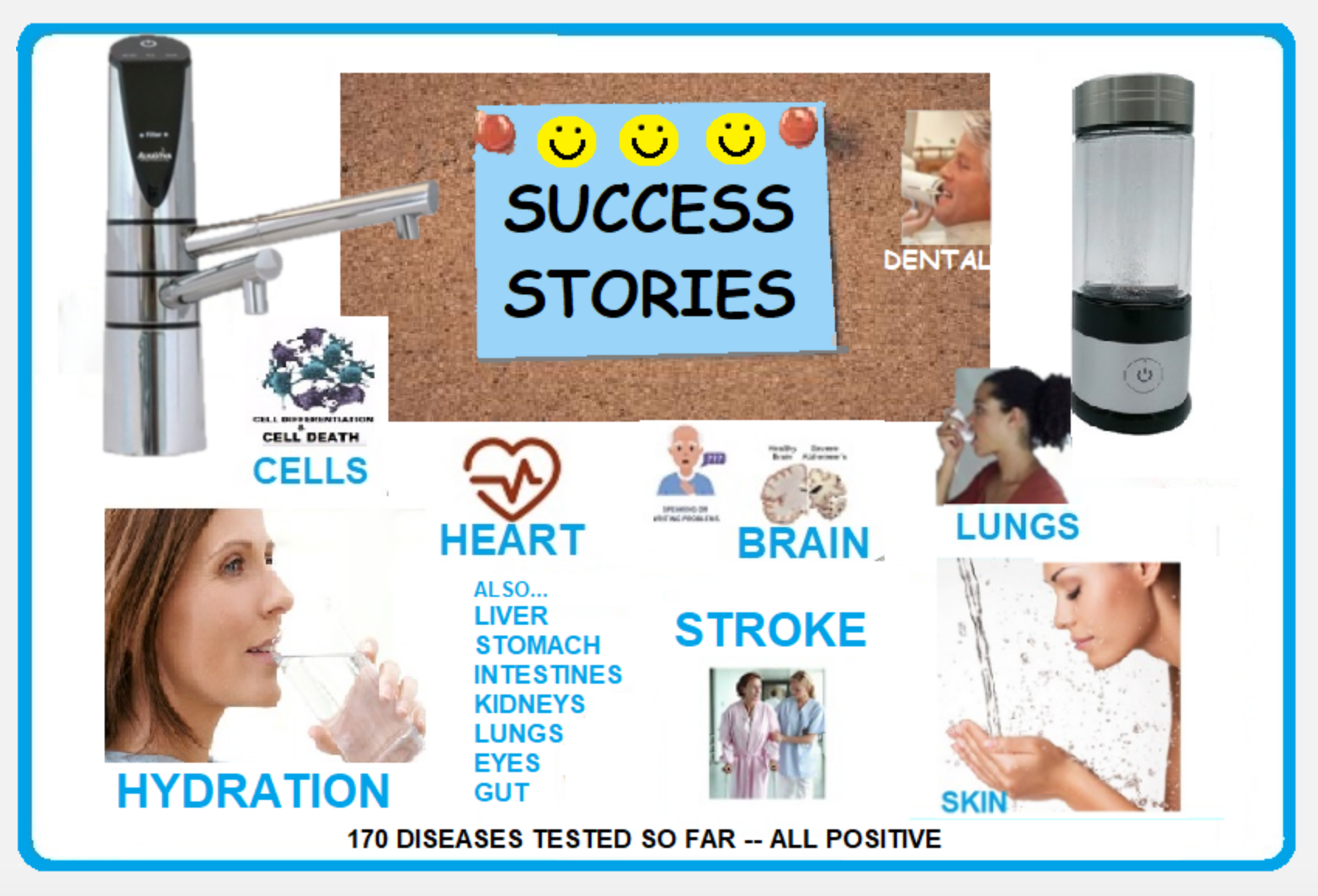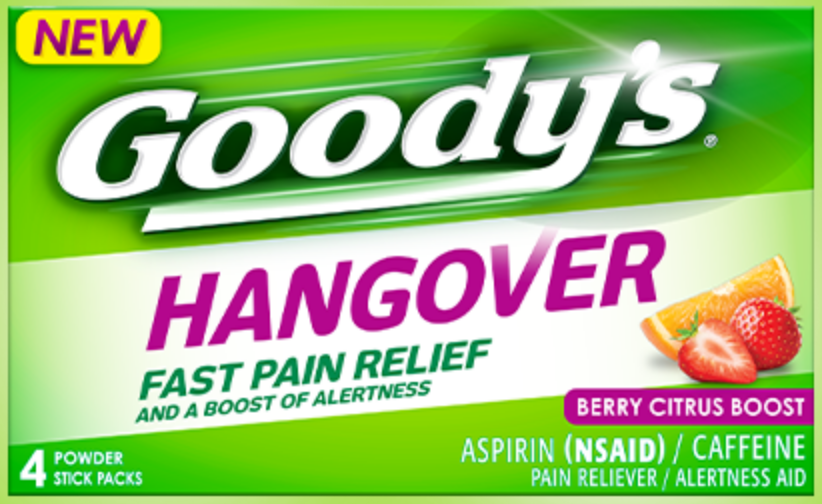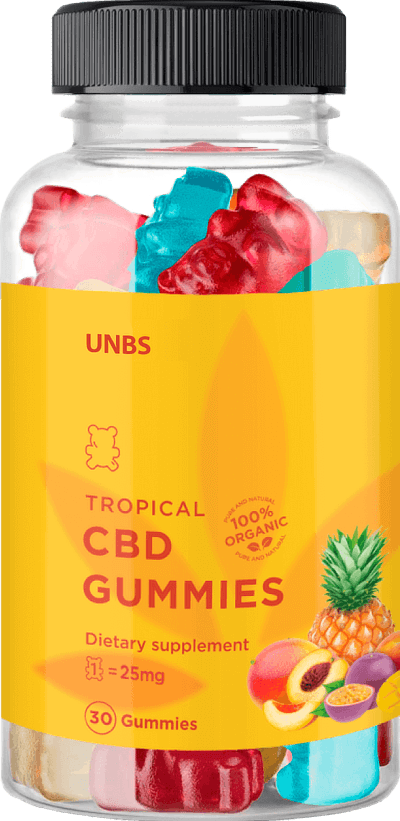
Alkaline Water Plus
Are there really any benefits to drinking alkaline water?
Can this product really protect against a mosquito-borne disease?
“Dengue fever has officially made its way to the U.S. and that is scary,” warns a recent SallyeAnder Facebook ad. The post notes that the mosquito-borne disease “has been known to cause a lot of pain in humans,” including inducing flu-like symptoms.
What can you do to protect yourself and your family? SallyeAnder is happy you asked. In order to “stay safe” this summer, the company recommends using its No-Bite-Me cream.
But before you lather up, it’s worth taking a closer look at this product.
That’s because unlike some other bug repellents, SallyeAnder’s No-Bite-Me cream isn’t registered with the EPA, which classifies insect repellents as pesticides. What this means is that the EPA hasn’t evaluated the safety or effectiveness of the product before allowing it to be sold to consumers.
The Facebook ad is mum on the product’s EPA status but the company’s Amazon listing claims the bug repellent is an “EPA EXEMPTED PRODUCT.”
What does this mean? Under federal pesticide law, insect repellents that are formulated only with ingredients deemed “minimum risk” – such as eugenol, cedarwood oil and lemongrass oil, which are some of the active ingredients in No-Bite-Me cream – are not required to register with the EPA.
But there are additional conditions, including that companies marketing such “minimum risk pesticides” must refrain from making health claims linking insects to specific diseases, such as mosquitos and dengue fever. Which brings us back to SallyeAnder’s Facebook ad.
In response to a request for comment, SallyeAnder CEO Sallie Austin confirmed that the EPA exemption referenced in the company’s Amazon listing is the one outlined in the federal pesticide law noted above. But Austin pushed back on the idea that the company is violating the law.
“In compliance with the terms of this exemption, we do not make disease prevention claims in connection with No-Bite-Me,” she said. “We understand and respect the condition prohibiting references to controlling insects that transmit specific diseases.” However, Austin added:
If any language was inadvertently used suggesting otherwise — particularly on platforms like social media or e-commerce listings — it was not in alignment with our company policy, and we are taking steps to ensure full compliance moving forward.
Since reaching out to the company, the Facebook ad has not resurfaced. However, an identical SallyeAnder Facebook reel that TINA.org also alerted the company to remains in publication. Check back for updates.
The bottom line
Rather than rely on a Facebook ad or reel for medical advice, consumers may want to seek the guidance of a qualified health professional when it comes to matters related to their health.
Find more of our coverage on insect repellents.
Our Ad Alerts are not just about false and deceptive marketing issues, but may also be about ads that, although not necessarily deceptive, should be viewed with caution. Ad Alerts can also be about single issues and may not include a comprehensive list of all marketing issues relating to the brand discussed.
Are there really any benefits to drinking alkaline water?
What you need to know about this purported hangover remedy.
Spam email leads to a fake endorsement from Dr. Oz, among other celebrities.

